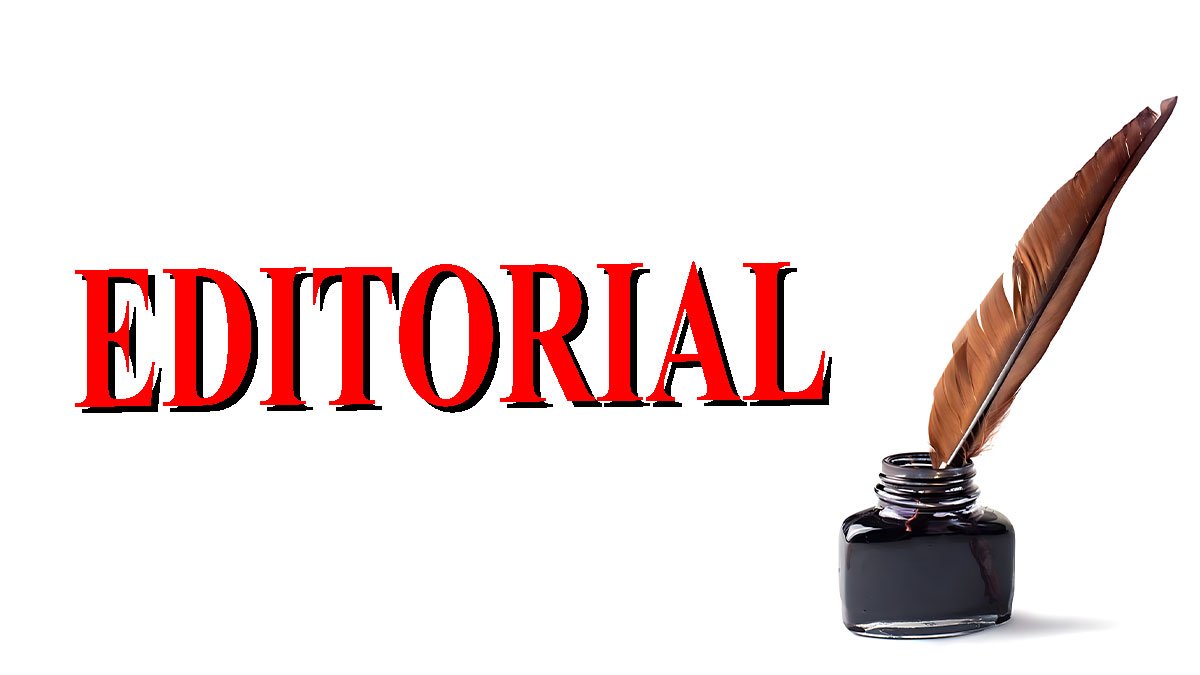Tuesday, January 7, 2025
Year : 2, Issue: 19
by Mark Medish
JOE Biden keeps departing and Donald Trump keeps arriving. The soon-to-be former president and the still-future president are like comic-tragic characters in a political zombie film.
Let’s face it: the US presidential transition is a constitutional travesty. The months-long transition is undemocratic, unseemly and quite dangerous.
Mark the current scene. A politically defunct, King Lear-like Joe Biden continues to make big and small policy decisions after his intended successor’s platform narrowly but clearly lost at the ballot box, even as President-elect Donald Trump conducts an incipient shadow presidency through a torrent of legal maneuvers, social media pronouncements and interviews, sounding more Caesarian by the day.
Both the recent hectoring of Congress by Trump over the eleventh-hour budget deal and debt ceiling and the thriller over the threatened shutdown of the hugely popular social media platform TikTok on the day before the inauguration, pending a Supreme Court decision to the contrary, highlight the foolishness of permitting a long lame duck period with anything more than caretaker powers.
This spectacle of ‘dual power’ — to borrow a famous phrase from the tumult of revolutionary Russia in 1917 — is an affront to democratic common sense. Some would argue it’s a ‘triple power’ situation, with plutocrat-maximus Elon Musk as a pretender to the ad hoc triumvirate, but that is another matter.
The protracted transition period is built largely around the calendar of the antiquated electoral college process in which the supernumerary votes of state electors are deemed constitutionally more important than the national popular vote. Consequently, we must wait for the electors and Congress to act, and then another two weeks, until January 20th for the drama to end.
This long transition virtually guarantees a presidential time of troubles, a period of heightened national risk during which a president who has lost or lacks the electoral mandate nevertheless possesses full but unchecked and unaccountable ‘lame duck’ executive powers.
Biden’s breaking an explicit pre-election promise and pardoning of his own son, Clinton’s dubious pardoning of Marc Rich, Trump’s pardoning of Roger Stone and Paul Manafort.
Biden’s escalatory measures in the Ukraine war including long-range ATCM missile strikes and expropriation of sovereign assets after his administration’s war strategy was rejected by a majority of voters.
George HW Bush’s launch of the ill-fated Somalia mission bequeathing the ‘Black Hawk Down’ debacleto the incoming Clinton.
Eisenhower’s CIA-led assassination of the uncooperative Congolese leader Patrice Lumumba just days before JFK took office.
And the lame duck locus classicus, the series of ‘midnight’ judicial appointments by outgoing John Adams in the last weeks of his term.
The issue is less about the merits of the underlying decisions — which could and should have been debated ex ante — but about the timing of such executive acts beyond the reach of democratic and legal accountability.
Perhaps nothing has revived the nagging questions about the duration of the post-election presidential transition as much as the abortive January 6 insurrection-cum-coup attempt. The fact that Congress resorted to a failed post-presidency impeachment process to hold Trump accountable for alleged incitement of January 6 shows how lawless the transition period has become.
The accountability problem is reinforced because an outgoing president might be presumptuous enough to pardon himself while also enjoying expansive new constitutional immunity – that is, impunity — according to the Supreme Court’s 2024 decision in the aptly named case Trump v United States.
Furthermore, the specter of potential abuse of Presidential emergency powers, either delegated by Congress under Article 1 or ‘inherent’ in the presidency under Article 2 as some legal authorities argue, hangs over the transition and intensifies the risk.
The unaccountable transition period is among the many depressing and potentially dangerous derogations of democratic principles in the Constitution. The list also includes omissions such as the lack of an individual right to vote, lack of gender equality, lack of a privacy right, disenfranchisement of District of Columbia and the US territorial possessions. For a brilliant and sobering discussion of such issues, see Erwin Chemerinsky’s book No Democracy Lasts Forever: How the Constitution Threatens the United States.
Justice Robert Jackson long ago warned in a much quoted dissenting opinion about the risk of anarchy that the Constitution should not be read as a ‘suicide pact.’ Unfortunately, despite its manifest nobility of purpose and pioneering ingenuity, as written, amended and interpreted, the founding charter also contains ingredients for the undoing of our democratic republic.
CounterPunch.org, January 6. Mark Medish, a lawyer in Washington DC, is a former senior White House and treasury official in the Clinton administration / This story has not been edited by The Generation staff







